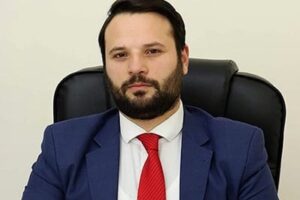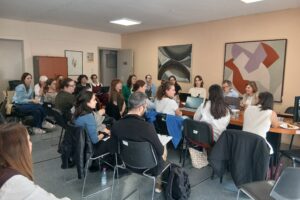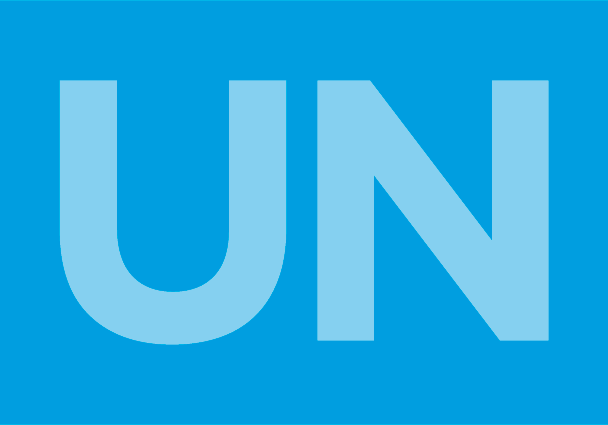
Jan 10, 2014
The ICJ has submitted to the Committee on the Rights of the Child an alternative report in advance of the Committee’s examination of the third and fourth periodic reports of Germany under the Convention on the Rights of the Child.
The ICJ submission draws the Committee’s attention to concerns related to:
- The pandemic influenza (H1N1) vaccine;
- The coal industry and its impact on children’s health; and
- Violation of children’s rights and German companies’ supply chains and purchase of raw materials.
The Committee will examine the third and fourth periodic reports of Germany during its 65th session held in January 2014, following which it will adopt Concluding Observations setting out recommendations to the Government of Germany.
Germany-CRC65-AlternativeReport-LegalSubmission-2014 (download full submission in PDF)
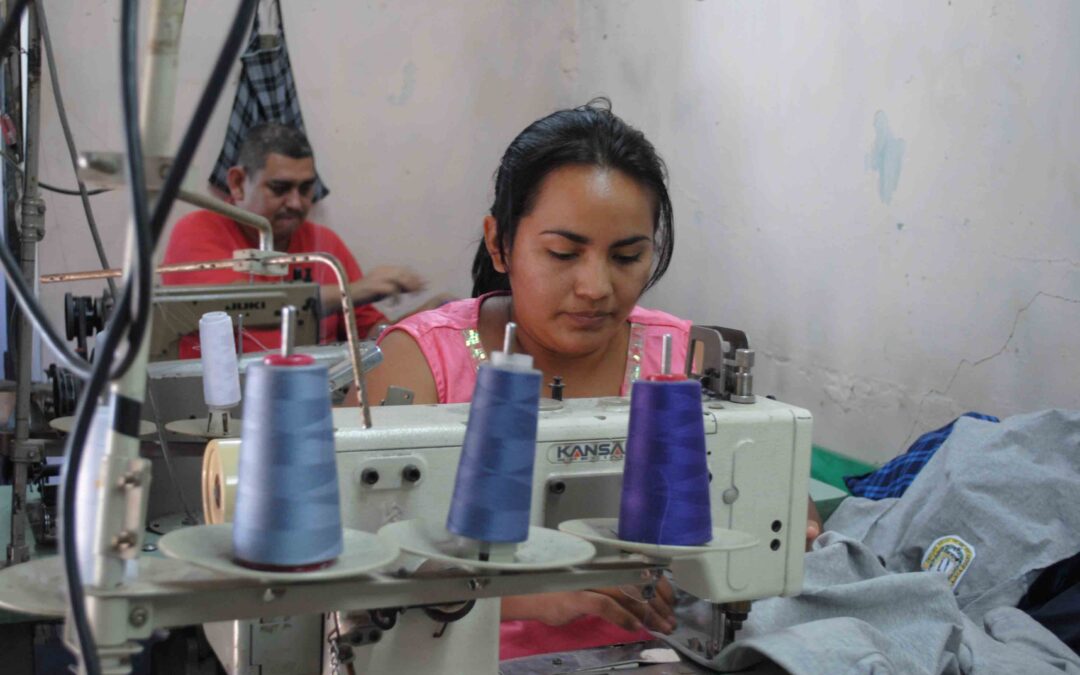
Nov 22, 2013
The ICJ’s submission is based on an ICJ study that was released in early October 2013, after a year of research and consultations in El Salvador.
Provided to the UN Committee on Economic, Social and Cultural Rights (CESCR), the submission suggests main issues of concerns and questions that should be clarified in the upcoming dialogue between the CESCR and the State of El Salvador regarding the implementation of the International Covenant on Economic, Social and Cultural Rights in the country.
During its meeting on 2-6 December 2013, the CESCR’s Pre-Sessional Working Group will adopt a list of issues on El Salvador.
These issues will be put to the Salvadorian Government for formal response ahead of the CESCR’s full examination of the third, fourth and fifth combined reports of El Salvador in April/May 2014.
The ICJ study deals with access to justice and analyses the availability and effectiveness of remedies in cases of violations of economic, social and cultural rights.
Among others, the study highlights the lack of constitutional guarantee of certain ESC rights, the length of judicial procedures and the inadequacy of sanctions, especially in the case of breaches of the labour code by employers, and the comprehensive prohibition of abortion, even in cases in which the life and health of the mother is at risk.
El Salvador-ICJ Submission ESCR-advocay-legal submission-2013 (full text in pdf)
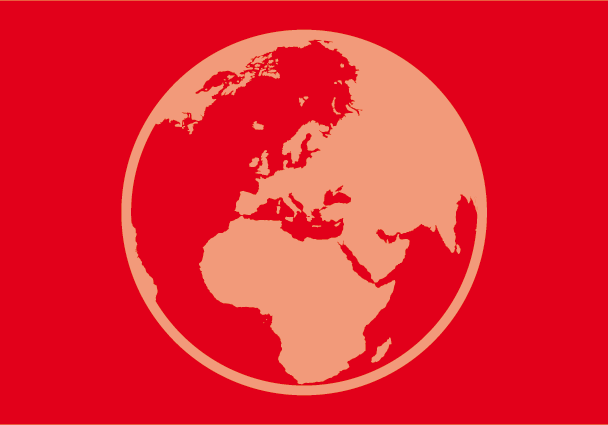
Nov 11, 2013
The ICJ today submitted to the UN its recommendations for a draft set of “Basic Principles and Guidelines” on the right of anyone deprived of liberty to challenge the lawfulness of his or her detention, and the right of victims of arbitrary or unlawful detention to an effective remedy.
The United Nations Working Group on Arbitrary Detention, which will meet in Geneva 13 to 22 November 2013, was requested last year by the Human Rights Council to prepare the draft “Principles and Guidelines” before the end of 2015. The ICJ submission responds to a call by the Working Group for input to the drafting process.
Among the key aspects highlighted by the ICJ submissions are:
- the elements of an effective remedy for unlawful or arbitrary deprivation of liberty;
- the requirement that anyone deprived of liberty for any reason have access to a proper court to seek release;
- the broad grounds such courts must consider in determining whether the detention is lawful;
- the requirement that the proceedings lead to a prompt decision that is actually implemented by the detaining authorities;
- the right of the detainee to have confidential access to a lawyer of his or her choosing, promptly after arrest or detention;
- the right of the detainee to be present for the proceedings;
- necessary guarantees for the fairness of such proceedings, including that the person and his or her lawyer have access to the evidence and allegations on which the detention is based;
- the right to challenge the lawfulness of detention continues to apply in situations of emergency.
UN-ICJ-WGAD68-SubmissionHabeas-advocacy-non-legal submission-2013 (full text in pdf)

Nov 5, 2013
The ICJ has provided a submission to the UN Committee on Economic, Social and Cultural Rights (CESCR) for its consideration during the adoption of a list of issues for the examination of the initial report of Indonesia under the International Covenant on Economic, Social and Cultural Rights.
During its meeting on 2-6 December 2013, the CESCR’s Pre-Sessional Working Group will adopt a list of issues on Indonesia. These issues will be put to the Government of Indonesia for formal response ahead of the CESCR’s full examination of the initial report of Indonesia in April/May 2014.
The ICJ’s submission raises matters and suggests concrete questions to be put to the Government of Indonesia concerning the right to freely choose work, and to just and favourable working conditions; the right to freedom of association and trade unions; the right to water; and the right to cultural life.
Indonesia-CESCR-PSWG52-ListOfIssues-LegalSubmission-2013 (download full submission in PDF)
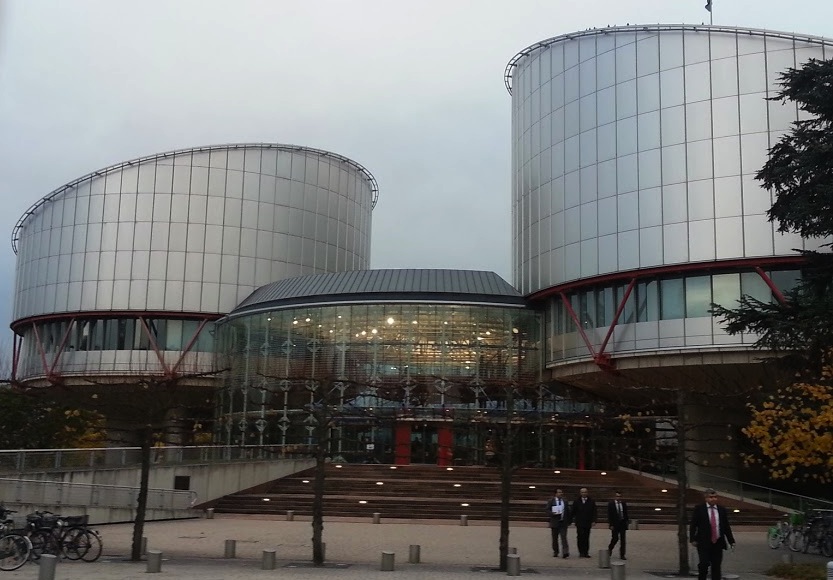
Oct 17, 2013
The ICJ and Amnesty International presented a third party intervention in the case Abu Zubaydah v. Poland before the European Court of Human Rights.
In the third party intervention in this case on the alleged complicity of Polish authorities in the US-led operation that led to the rendition, secret detention and torture of Abu Zubaydah, the ICJ and AI outlined developments on the relevant knowledge imputable to Contracting Parties at the relevant time; the obligation to investigate and bring to justice the alleged perpetrators of gross violations of Convention Rights; the right to truth; and the right of the general public to know the truth and the application of the State secrets doctrine.
AbuZubaydah_v_Poland-AIICJThirdPartyIntervention-ECtHR-Final (download the third party intervention)








